The paper birch tree (Betula papyrifera) is a fast-growing but short-lived tree that often develops multiple trunks as the plant matures. The most distinctive characteristic of this deciduous tree is the peeling bark, which contrasts sharply against the green leaves that turn bright yellow in fall. The peeling white bark blends well with winter’s snowy surroundings. Historically, this was the birch tree used by Native Americans to construct birch-bark canoes—hence the alternative common name, ‘canoe birch.’ Description from The Spruce
Home > Plant Guide >
Scientific Name
Family
Garden Type
Wildlife
Native Plant Region
Light needs
Water Needs
Plant Type
Bloom Color(s)
Height
Width
Months in Bloom
Safe Beneath Power Lines?
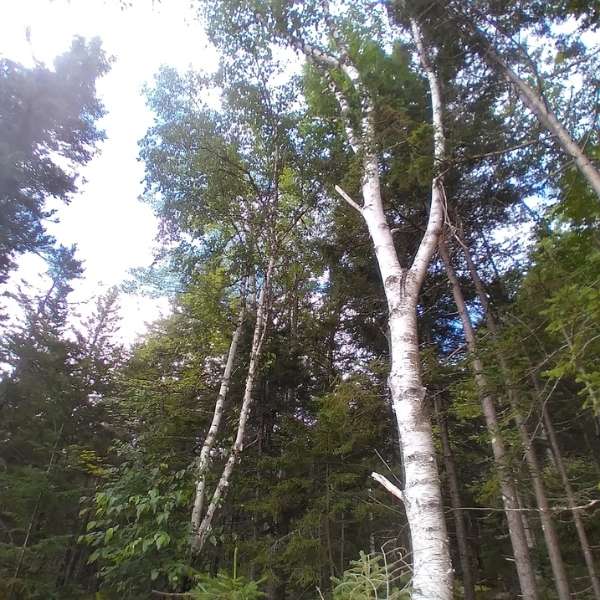
We’d like to maintain accurate and robust plant listings. If you see information that is not correct or that could be added to improve the listing, please let us know. Or if you’d like to suggest a plant to add to our plant guide, you can use this form do so. Thank you!
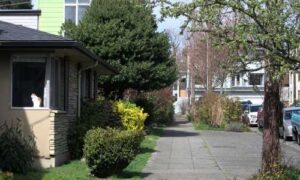
Do you wonder how a cat can be happy indoors? This presentation will give you a better understanding of cat behavior and the confidence that an indoor cat can be a happy cat.
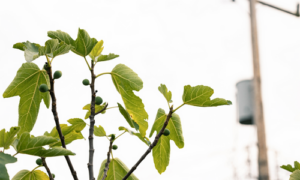
Learn about the diversity in pigeon populations in the United States and the implications of this variability on the species.
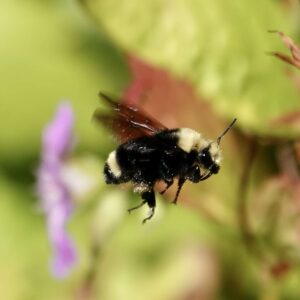
Look closer…and meet the local insects that pollinate the plants around your Seattle neighborhoods. Learn about some of our amazing native pollinating insects.
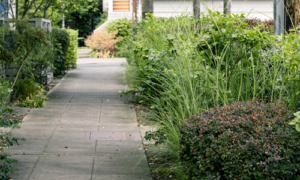
Do you want to plant a tree, create butterfly habitat, or start a vegetable garden but don’t have a yard? Learn how planting strips are a great place to start your own garden!
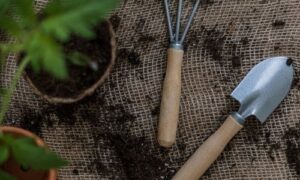
New types of vegetation can attract additional wildlife to an area. You might be surprised how a little green can go a long way!
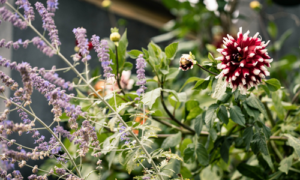
Learn about container gardening with shrubs, trees, herbs, veggies, perennials, and annuals. A special focus will be on plantings that provide pollinators with food and that encourage bird habitat.
Nature of Your Neighborhood is a collaboration between Birds Connect Seattle, the Capitol Hill EcoDistrict, and the Seattle Bird Conservation Partnership. Our goal is to foster relationships between the people and the nature of their neighborhoods.